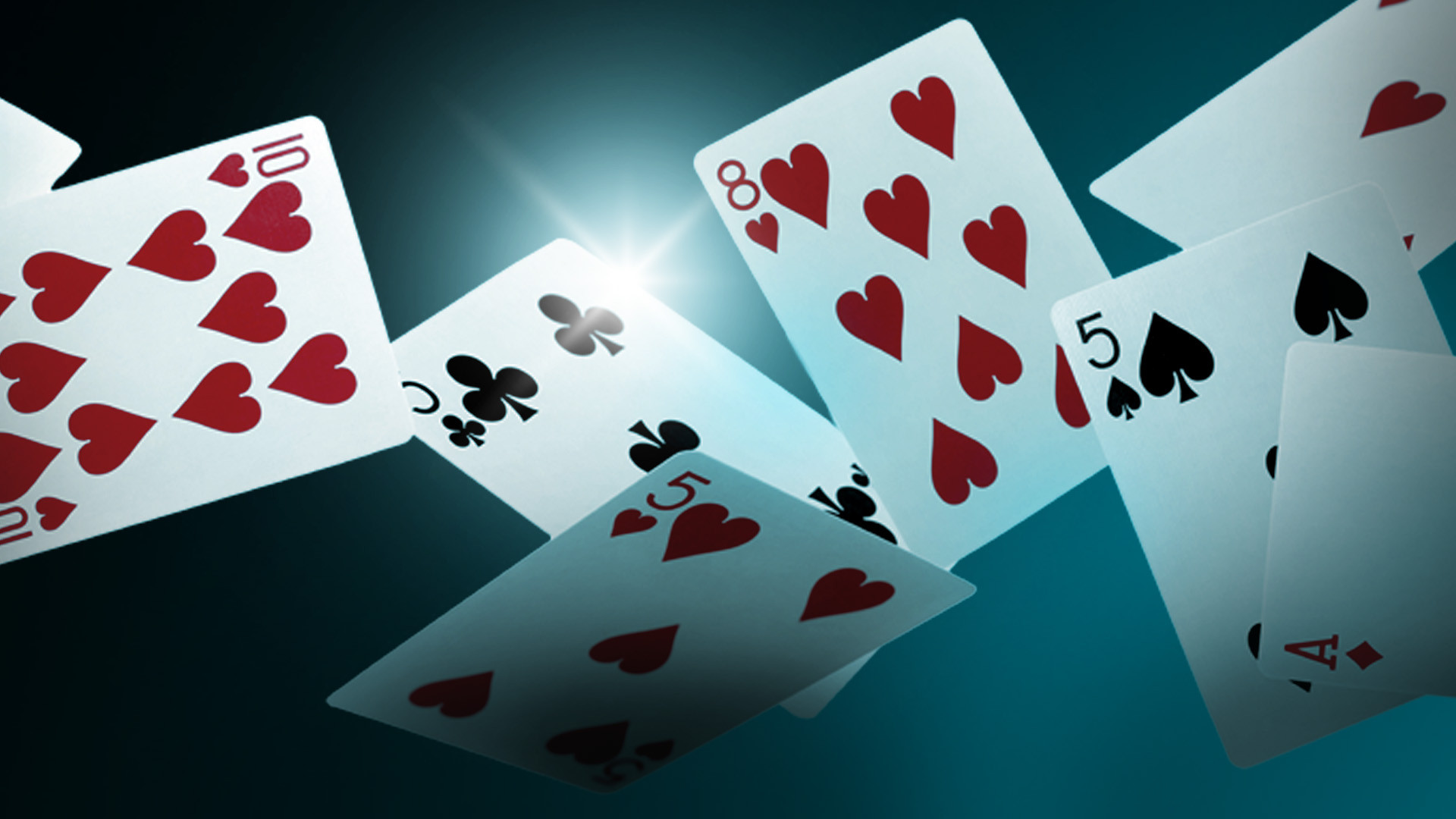
Should You Always Bet on the Banker in Baccarat?
Backing the banker is often seen as the 'smart choice' in baccarat (or any game where you can side with the house), but why is that? Well, statistically, it checks out: the banker bet has the lowest house edge of all baccarat wagers and it wins most frequently. No surprise many players swear by it.
But is this a true and worthwhile strategy?
To find out, we scrutinised the numbers - specifically, data from 40,000 rounds of baccarat simulated under standard game rules to see just how valuable the banker bet really is.
In this guide, we’ll:
- Break down the rules and odds of baccarat
- Analyse our simulation results
- Examine how commission affects long-term outcomes
- Explore whether bigger bets or commission-free variants change the game
By the end, you’ll have a clear, data-backed understanding of whether the banker bet holds up as a winning strategy.
Baccarat Basics: What You Need to Know
Before diving into the data, here’s a quick refresher on baccarat’s rules and betting options.
The game revolves around two hands: the player hand and the banker hand. You don’t control either; you simply bet on the following possible outcomes:
- Player wins
- Banker wins
- Tie
Unlike most live casino games, your goal isn’t to beat the dealer - it’s to correctly predict which hand will land closest to nine.
Card Values in Baccarat
- Aces = 1
- 10s, Jacks, Queens, Kings = 0
- All other cards = face value
If your hand’s total exceeds 9, only the last digit counts. So, if a hand of 7 and 9 totals 16 - your score is 6.
Payouts & Probabilities: How the Bets Stack Up
Let’s take a look at how each bet pays and how often it’s expected to win.
- Player bet: Pays 1:1
- Banker bet: Pays 1:1 minus 5% commission
- Tie bet: Pays 8:1 or 9:1, depending on the table
Theoretical Win Rates:
- Banker: 45.86%
- Player: 44.62%
- Tie: 9.52%
The banker’s higher win rate is due to one key advantage - it acts second and can react to the player’s third card. That small edge adds up.
Still, the 5% commission takes a bite out of winnings, but if it didn’t exist, players would hold a slight advantage - hence why casinos charge it. But even with commission, the banker bet still offers the lowest house edge in baccarat, so it's worth thinking about.
Our 40,000-Round Baccarat Simulation
To test how theory holds up in practice, we ran a large-scale baccarat simulation: 10 batches of 4,000 rounds each, totalling 40,000 rounds.
Why simulate?
- To smooth out statistical anomalies
- To replicate long-term gameplay
- To spot consistent trends over time
Large sample sizes offer more accurate insights than small-scale testing, mimicking the conditions of real-world play more effectively.
What We Tracked:
Each simulated round recorded one of the three possible outcomes:
- Player win
- Banker win
- Tie
We then aggregated and averaged results to identify overall trends.
Simulation Results: How Often Does the Banker Really Win?
Here’s how our simulated results compared to the theoretical win rates:
- Player: 45.42% (0.79% higher than theoretical odds)
- Banker: 45.49% (0.38% lower than theoretical odds)
- Tie: 9.09% (0.42% lower than theoretical odds)
As expected, slight deviations appeared, but the banker still came out on top most often. So, does that make it the best bet?
Let’s go deeper.
The Real Cost of the Banker Bet: Commission & EV
The 5% commission is the main factor reducing the value of the banker bet, but to understand the true cost, we use expected value (EV), a calculation that tells you how much you’d win or lose on average per £1 bet.
EV Formula: EV = (Probability of Win × Payout) - (Probability of Loss × Stake)
Based on Simulation:
- Probability of win: 0.4549
- Payout: 0.95
- Probability of loss: 0.5451
- EV = (0.4549 × 0.95) - (0.5451 × 1) = -0.1129
So, over time, you’d lose about 11p per £1 bet.
Based on Theoretical Odds:
- Probability of win: 0.4586
- Payout: 0.95
- Probability of loss: 0.5414
- EV = (0.4586 × 0.95) - (0.5414 × 1) = -0.1056
Here, you lose about 10.5p per £1 bet, which is slightly better than the simulated average.
Does a Bigger Bet Negate the Commission?
Some players think betting big can 'overcome' commission, but commission scales proportionally - so larger wins come with larger fees. And since expected value is a percentage, the loss scales too. A bigger stake just means bigger wins AND bigger losses - the EV stays exactly the same.
In short: you can’t outbet the house edge. What you can do is manage your bankroll and avoid chasing losses.
Commission-Free Baccarat: Is It Better?
At first glance, removing the 5% commission seems like a win. More frequent banker wins, and no deductions? Sounds perfect... until you check the small print.
How the House Gets Its Edge Back
Commission-free baccarat variants usually tweak the rules to maintain their edge. Some common changes:
- Banker wins with a total of 6 might pay only 0.5:1
- All banker wins might pay even money, with no exceptions
- Some versions may penalise certain outcomes to rebalance odds
So while you avoid commission, you're often trading it for lower payouts or unfavourable rules.
Final Verdict: Is the Banker Bet Worth It?
Our simulation confirms what theory already tells us:
- The banker bet wins most often
- The house edge is lowest on this bet, even with commission
- But you’ll still lose a little over time, on average
Commission at 5% on winning banker bets chips away at any gains you might make and commission-free baccarat doesn’t provide the solution either, as the wager adjustments, such as reduced payouts or automatic losses on some winning totals, still put the house in front.
While there’s potential for short-term wins, relying solely on the banker bet strategy is not sustainable. The random nature of baccarat keeps profits unpredictable, making the answer to the question a cautious ‘no’ - at least not if you're using it as a long-term strategy.
TL;DR: The banker wins most often, but it’s not a golden ticket. Even with its lower house edge, the commission keeps you in the red over time.

